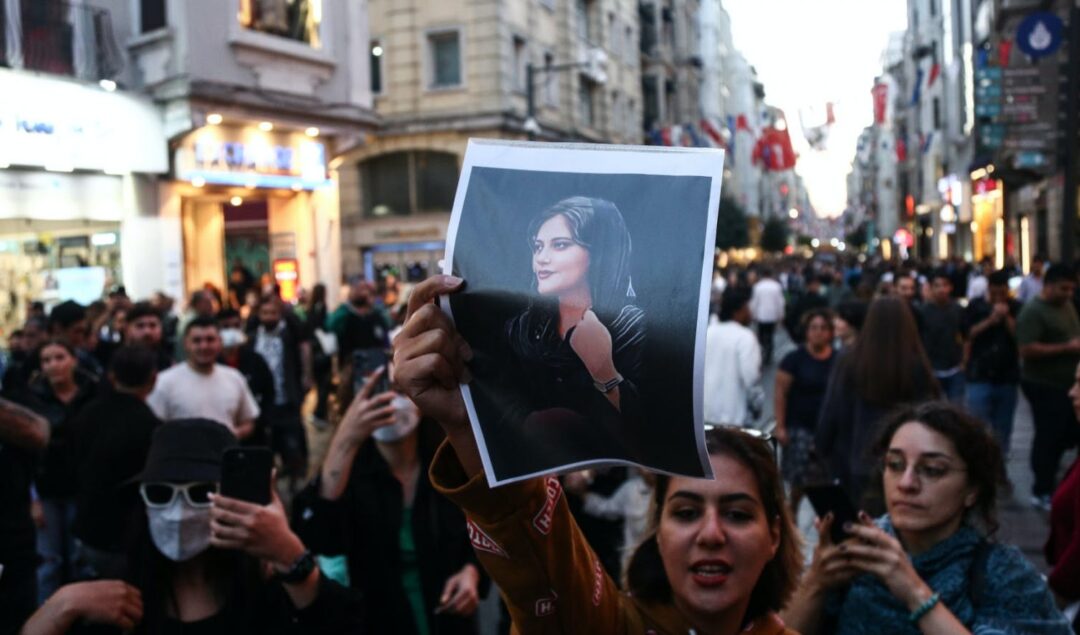Iran Limits Social Media Access Amid Mounting Protests Following Death Of Mahsa Amini

According to residents and internet watchdog NetBlocks, Iran has restricted residents’ access to social media platforms like Instagram and WhatsApp following a week of protests over the death of 22-year-old Mahsa Amini.
What happened to Mahsa Amini?
The protests, which began earlier this month, have seen protests spread across Iran following the death of Mahsa Amini, a young Kurdish woman who died in custody after being arrested by morality police for allegedly wearing her hijab incorrectly.
Both men and women across Iran have taken to the streets in protest.
However, internet restrictions have stopped people from sourcing reliable footage to understand what is happening and have also made it much more difficult for people to organize their protests.
Previously, Instagram and WhatsApp were two of the major communication tools used in Iran after platforms like Facebook and Twitter were blocked in recent years. Telegram, YouTube and TikTok have also periodically been closed down.
According to NetBlocks, WhatsApp’s servers were disrupted, and the Iranian government blocked Instagram access. The organization said the internet blackout had been “the most severe” since 2019 when the government shut down the internet to silence the fuel protestors.
International influences
Prior to the protests, US sanctions on Iran had limited internet services in the country to personal communication platforms such as blogging or messaging apps. Iranian analyst Holly Dagres, suggests this actually made it easier for authorities to shut down services during times of unrest.
In response to the recent internet outages, WhatsApp said it was working to keep Iranian users connected and Signal has turned to the public, asking them to help set up proxy servers in Iran.
Elon Musk has reportedly activated Starlink, his satellite internet network operated by SpaceX, in Iran. However, the program requires the use of terminals in-country which may not be supported by the Iranian government and infrastructure.
Despite the government’s attempts to restrict people from posting videos on social media, millions worldwide have flooded the internet expressing their solidarity with the protestors in Iran.
The current government has since denied that the protests are an expression of public disarray and outrage over the wrongful death of a woman because of the way she wore her headscarf.
President Ebrahim Raisi has vowed to “deal decisively” with the protests.



